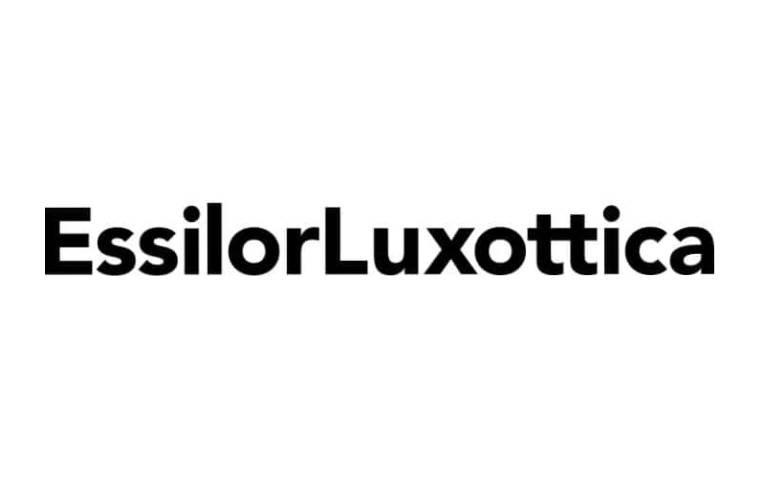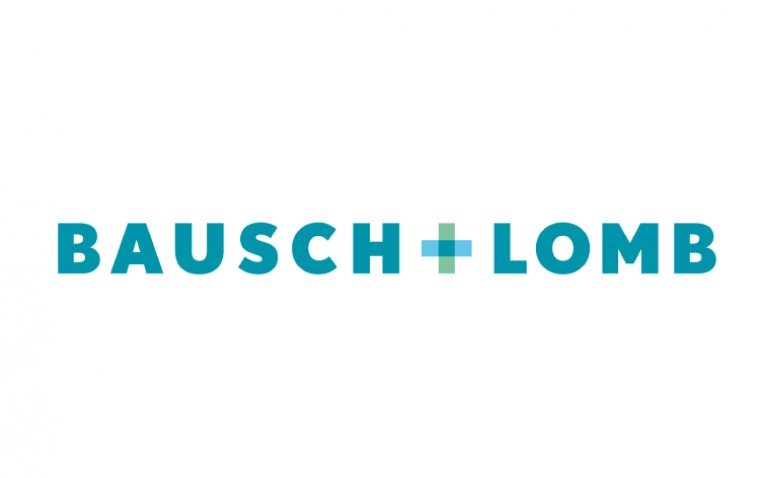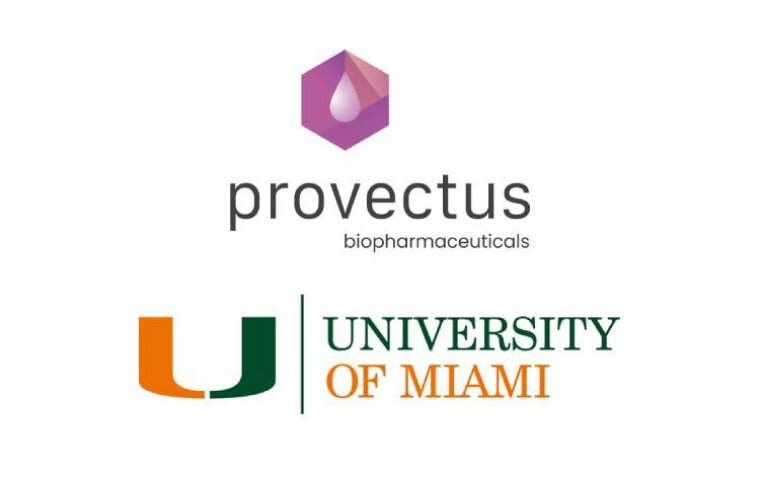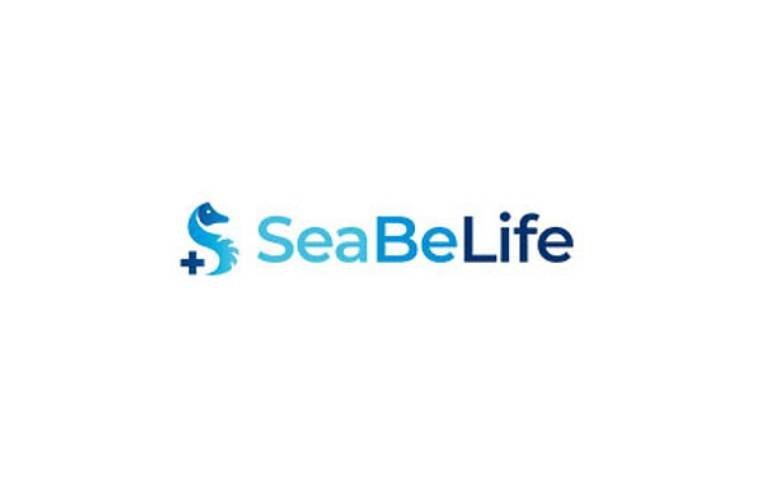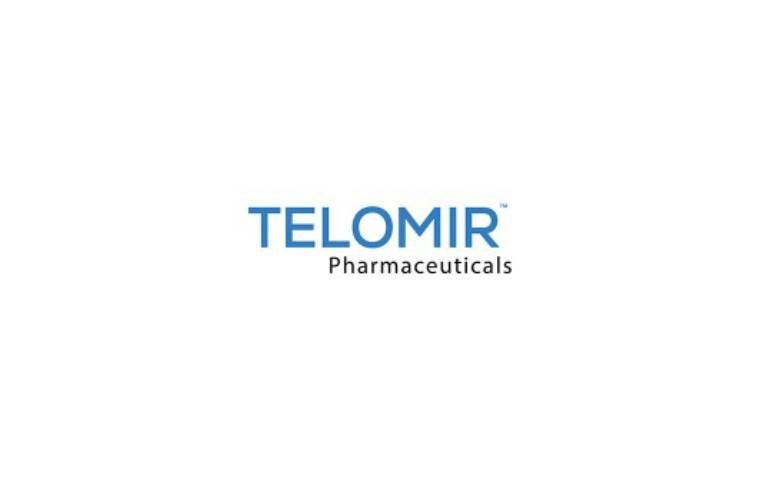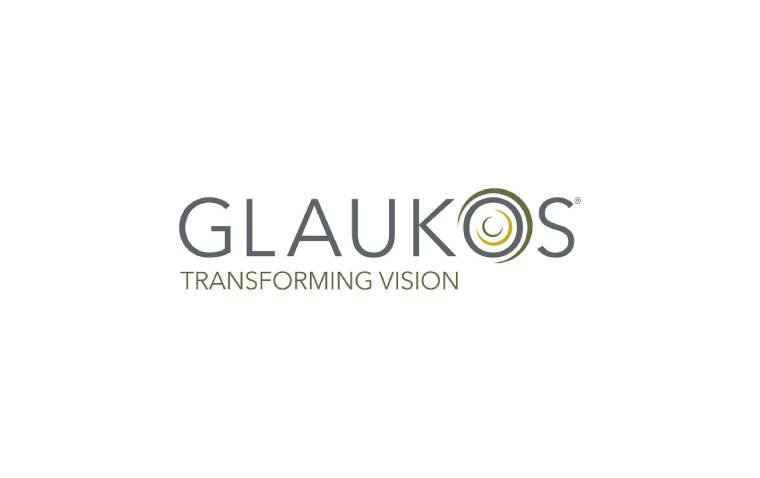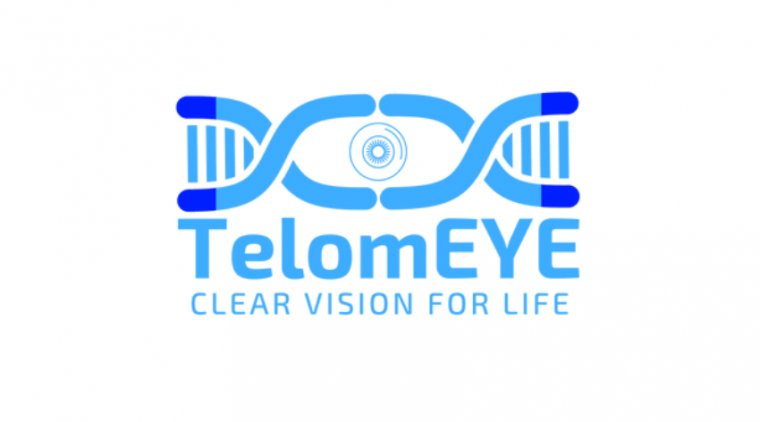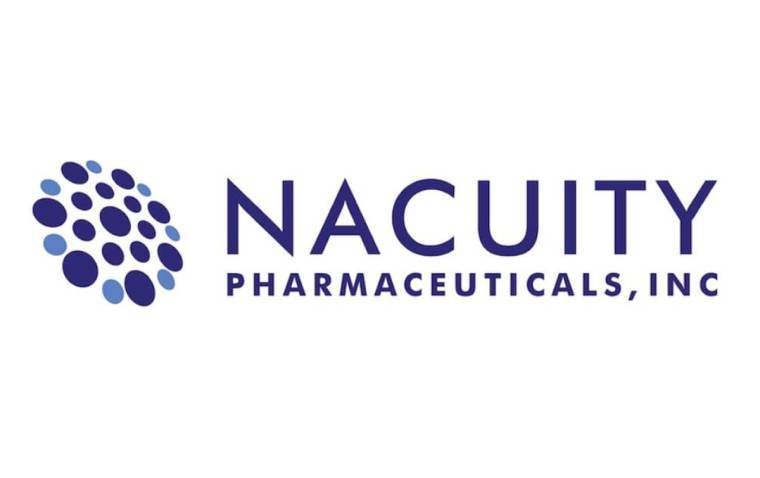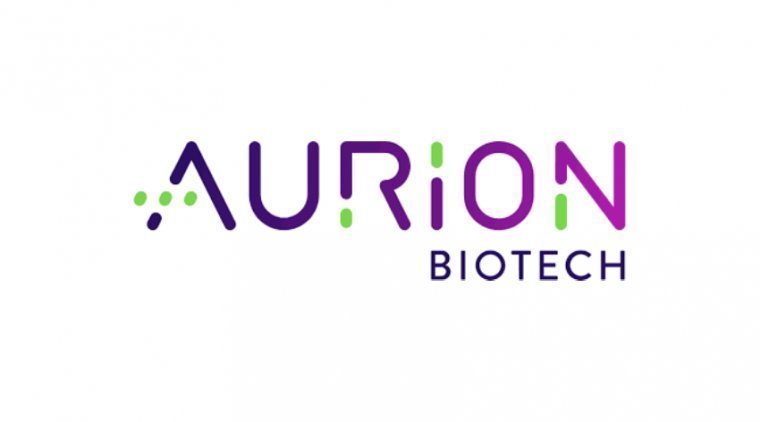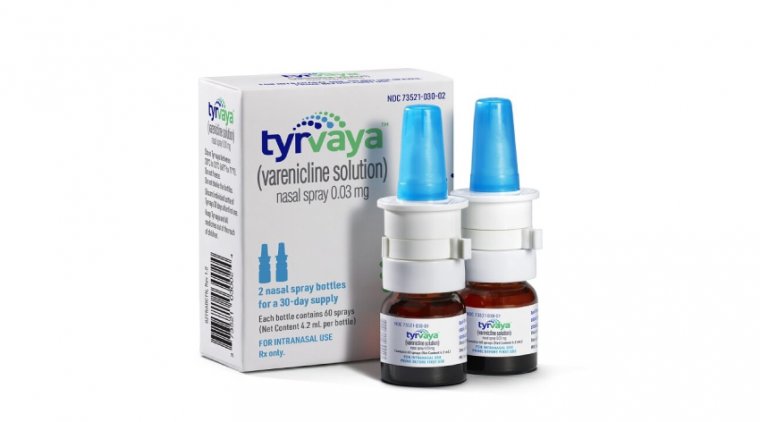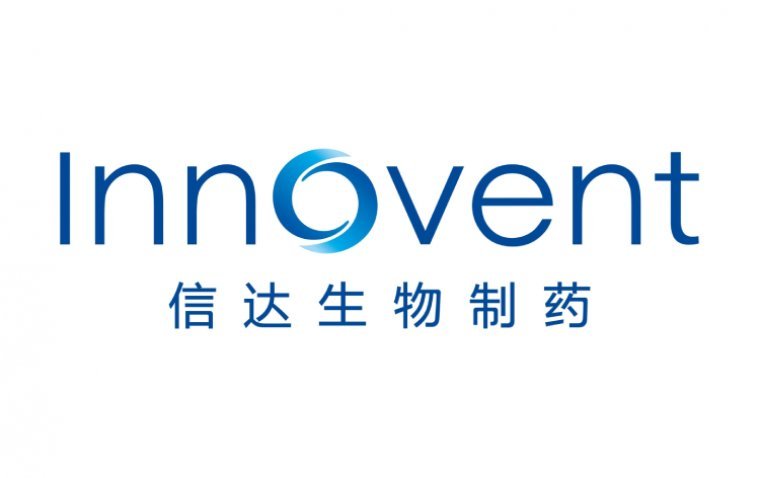
Innovent’s NDA for TED Treatment Granted Priority Review in China
Innovent Biologics announced that its New Drug Application (NDA) for their recombinant anti-insulin-like growth factor 1 receptor (IGF-1R) antibody, IBI311, has been accepted and granted priority review designation by the Center for Drug Evaluation (CDE) of the China National Drug Administration (NMPA).
Mechanism of IBI311 in Thyroid Eye Disease
IBI311 represents the first anti-IGF-1R antibody to have an NDA submitted in China. It is a recombinant anti-IGF-1R antibody developed by Innovent for the treatment of Thyroid Eye Disease (TED). IGF-1R, a transmembrane tyrosine kinase receptor, is crucial for development, metabolism, and immune regulation, and is found to be overexpressed in orbital fibroblasts (OFs), B cells, and T cells of TED patients.
By binding to IGF-1R, IBI311 blocks the IGF-1R signaling pathway activation mediated by IGF-1 and related ligands or agonistic antibodies. This action reduces the expression of downstream inflammatory factors, inhibiting the synthesis of hyaluronic acid and other glycosaminoglycans caused by OF activation. Consequently, it mitigates related inflammatory reactions, including tissue congestion and edema. IBI311 inhibits the cellularization of adipocytes in OFs, thereby decreasing disease activity and improving symptoms such as proptosis, diplopia, ocular congestion, and edema.
Positive Phase 3 Clinical Study Results
The Phase 3 clinical study RESTORE-1 (CTR20223393) included subjects with TED in China and met its primary endpoint successfully in February 2024. The study demonstrated significant improvements in proptosis (eye bulging), disease activity, and quality of life for patients treated with IBI311 compared to those receiving a placebo. The safety profile of IBI311 was favorable, with no new safety signals identified. Detailed results from the study are expected to be presented at medical conferences or published in journals later this year.
Innovent's Commitment
Dr. Lei Qian, Vice President of Clinical Development at Innovent, expressed the company's commitment: "We are honored to receive the regulatory acceptance of NDA for IBI311 with the support and dedication of participants, investigators, and regulatory authorities. IBI311 has demonstrated favorable safety and comprehensive efficacy benefits in the RESTORE-1 study, including relief of proptosis, control of disease activity, and improvement in quality of life. We will actively communicate with the regulatory authorities during the NDA review and hope to provide an effective, safe, and more accessible treatment option for Chinese TED patients as soon as possible."
(1).jpg)
